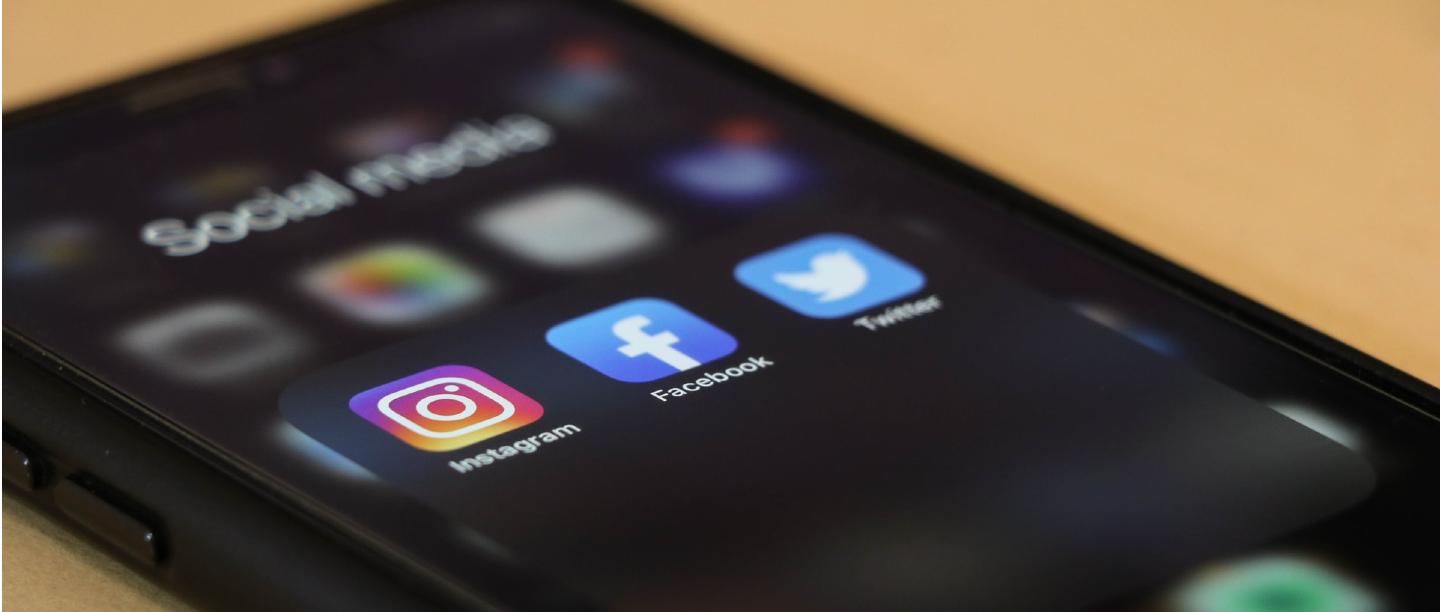If you thought social media was a safe space for women, think again. A new international survey, called Free To Be Online?, conducted by development and humanitarian organisation Plan International, found distressing results about the stressful effects of online harassment on women. The survey collected qualitative data from 16 countries and quantitative data from 22. It compiled the experiences of 14,071 young women aged between 15 to 25, and the participants were from countries like India, Kenya, Brazil, Germany, and Zambia.
The findings of the survey might not surprise you, but they will definitely distress you. The survey found that in the Asia-Pacific region, over half of the young women surveyed admitted to facing harassment on the internet.
Also Read: How To Survive Internet Trolls – A Handy Guide By Gurmehar Kaur
But what constitutes as online harassment or abuse? Of the global participants, 59% reported abusive and insulting language, 41% reported deliberate embarrassment, 39% reported body-shaming while another 39% reported receiving threats of sexual violence. Resultingly, one in the three women surveyed reported experiencing mental and emotional stress, a similar number reported low self-esteem, and one in five responders reported feeling physically unsafe.
Anne-Birgitte Albrectsen, CEO of Plan International, told Al Jazeera, “Driving girls out of online spaces is hugely disempowering in an increasingly digital world and damages their ability to be seen, heard and become leaders.”
The report noted that “girls are being silenced by a toxic level of harassment.” And how did they cope? 19% of those subjected to online violence significantly reduced their use of social media, and 21% changed the way they expressed themselves online, according to the report.
In a conversation with The Guardian, Susanne Legena from Plan International said, “Violence has flourished to the point where for many girls, abuse is a day-to-day reality… As a result, girls are reporting long-term mental health problems and in many cases, are opting out of expressing themselves and their opinions for fear of retribution, and sometimes removing themselves from these platforms altogether.”
And where does this harassment of women ‘flourish’? The instances of abuse were found to be most common on Facebook (39%), followed by Instagram (23%), and WhatsApp (14%)–with responders reporting harassment on Snapchat, Twitter and TikTok, too, but in smaller numbers.
Also Read: Online Poll Reveals Women Feel Safest Sharing Sexual Harassment Incidents On Social Media
And if you thought that the abuse would be perpetrated by strangers, you’re in for another rude shock. The survey found that a vast portion of harassment was perpetrated by co-workers and batchmates. 29% also reported being harassed by friends, and 12% by former partners. Unsurprisingly, the abuse was a lot worse for or women who are politically outspoken, Black, or identify as LGBTIQIA+.
“When you consider the shockingly high number of girls worldwide are subject to abuse every time they participate in discussions online, in addition to being hassled and harassed on the street when they step outside their homes, and that harassment is a form of violence, there is no space–virtual or other–where girls are safe and free from violence,” Legena added.
As the user base of social media rapidly increases, it’s time these platforms take online abuse against very seriously.
Featured Image: Unsplash



